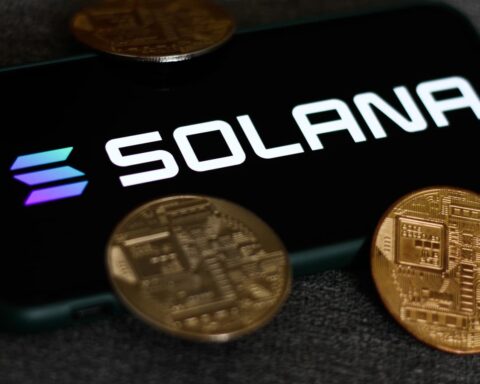The aftermath of the “Coin Gate” scandal has prompted the top financial regulator in South Korea to implement measures requiring its employees to disclose their cryptocurrency holdings.
Lawmakers in the country have faced allegations of insider trading, with one member of parliament accused of selling tokens before the introduction of new crypto regulations.
It was later revealed that the MP was serving on a crypto-related parliamentary subcommittee at the time.
As a result of the scandal, calls for transparency have emerged among MPs, regulators, and public officials, leading to the recent development of the Financial Services Commission (FSC) expanding the requirement to its own staff.
READ MORE: Former BitMEX CEO Says Bitcoin Will Reach $760,000 as Currency of Artificial Intelligence
The FSC, responsible for regulating South Korea’s crypto industry and conducting checks on domestic crypto exchanges, updated its Code of Conduct for employees.
The revised code prohibits staff involved with “virtual assets” from trading cryptocurrencies using undisclosed information obtained while performing their duties.
Additionally, employees who own tokens are now obligated to report this information to the FSC.
The restriction on crypto trading applies to public officials currently engaged in virtual asset-related duties, as well as those who performed such duties within the previous six months.
To comply with the new regulations, employees will be required to submit a form called the “Report on the Possession of Virtual Assets.”
The form mandates that staff disclose the type of virtual assets held, the date of acquisition, and the quantity of tokens owned.
While the FSC still requires legislative changes to enforce the new code, it aims to expedite the process and complete it in the second half of this year.
South Korea and Japan are often seen as frontrunners in crypto regulation, suggesting that other countries may follow their lead.
Some nations in different regions have already enacted legislation mandating crypto declarations for certain public officials.
Ukraine, for example, implemented laws that require sitting MPs to disclose all assets, including cryptocurrency holdings.
The disclosure of such holdings in the past has led to public outcry due to the large amounts of tokens possessed by Ukrainian lawmakers, raising questions about the origin of these significant crypto reserves.
In conclusion, the “Coin Gate” scandal has prompted the South Korean financial regulator to extend the requirement of declaring crypto holdings to its employees.
The updated code of conduct prohibits staff from trading cryptocurrencies using undisclosed information obtained during their duties, and employees with crypto holdings must report them to the FSC.
The FSC plans to seek legislative changes to enforce the new code and hopes to complete the process later this year.
Other countries may consider implementing similar measures, following the lead of South Korea and Japan.




